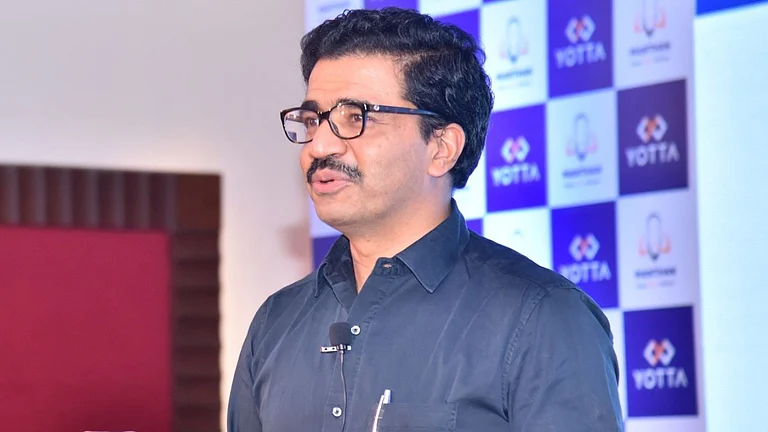Infosys co-founder Narayana Murthy last year sparked a debate after he urged the country's youth to work 70-hour weeks. Despite criticism, he stood by his stance, arguing it is crucial to boost the national economy.
Now, an Indian-origin CEO of tech startup Greptile, has ignited a new debate who defended his company's 14-hour workdays, six days a week. This accounted for 84 hours a week, much higher than what Murthy expected from the youth.
According to CEO Daksh Gupta, the demanding schedule is crucial for the success of early-stage startups, clarifying it has nothing to do with his Indian heritage.
The San Francisco-based AI startup has drawn sharp criticism for being "exploitative and unsustainable" due to its working schedule. However, Gupta said that he proactively informed the interviewees about its intense workload.
In a recent interview with NBC Bay Area, Gupta said that it is like launching a rocket when two groups of smart people are trying to solve the same problem and the one that works harder and is luckier wins.
"You can't control your luck, but you can control how much time you put in," said Gupta.
Daksh Gupta's Post
Gupta in a post on X said that he recently started telling candidates during their first interview itself that Greptile does not offer work-life-balance.
"Typical workdays start at 9 am and end at 11 pm, often later, and we work Saturdays, sometimes also Sundays. I emphasize the environment is high stress, and there is no tolerance for poor work," Gupta added.
He said that he believes in transparency and he would much rather people know this from the beginning instead of them finding out on their first day.
Gupta also asked if other people do the same and "if there’s some obvious pitfall" that he was missing.
Shared on November 9, the post received 1.6 million views on the platform so far.
Users' Feedback
In response to Gupta's question, an X user pointed that the pitfall is that if there is no work-life balance for long enough, employees will churn and affect their progress more.
"Give positive reinforcement for doing good work, don't force people to work. You will also struggle to hire senior talent this way. Measure outputs, not (just) inputs," the user added.
However, Gupta clarified that this amount of intensity is temporary until they hit escape velocity.
Another user took a potshot at Gupta and asked him to delete his post if it was not meant for a prank or engagement, arguing that the impact is more negative than positive.
"So you’re asking a person to work on 14 hours/day - 7 days a week for people to just get a $75k salary which is considered as “low-income” in SF?," the user asked Gupta.
In response, Gupta said that Business Development Representatives make most of their money via commission and if they work harder they will also get paid more.
































